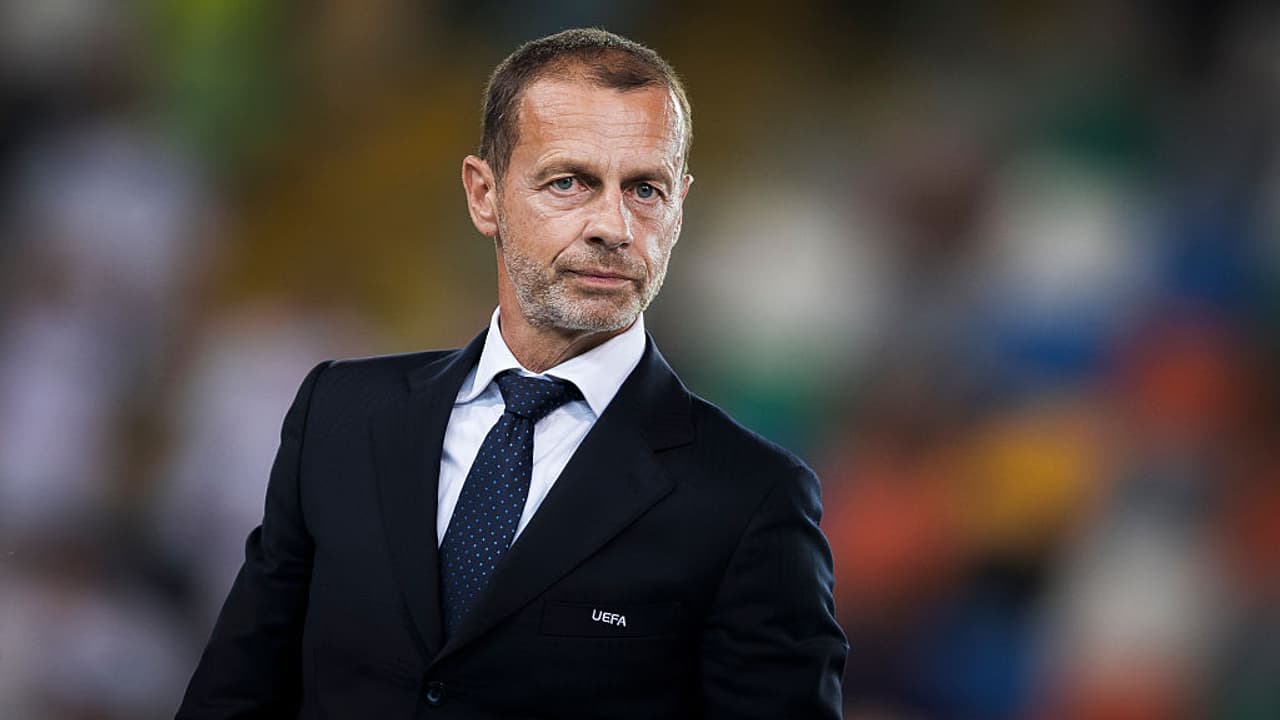UEFA has declared its opposition to domestic league matches being played abroad while simultaneously approving requests from Spain and Italy to hold such fixtures. The governing body’s ‘reluctant’ decision sets a dangerous legal precedent.
UEFA has once again blurred the lines of football governance by saying one thing and doing another. In a decision that perfectly captures the sport’s new “post-truth” era, European football’s governing body declared its opposition to domestic league matches being played abroad-while simultaneously approving requests from Spain and Italy to hold exactly those kinds of fixtures.
UEFA’s justification, released on Monday afternoon, was that FIFA’s current regulatory framework “is not clear and detailed enough.” Because of this ambiguity, the UEFA Executive Committee said it had “reluctantly” allowed the two leagues to proceed “on an exceptional basis.”
That statement is a masterclass in spin and evasion. UEFA’s talk of “reluctance” and “regret,” along with assurances that national associations will consult before making future requests, only highlights the inconsistency. In practice, the organisation has set a precedent that changes everything.
Rules, leadership, and ambitions evolve-but legal frameworks sustain the sport’s foundations. By permitting these games, UEFA has essentially provided a legal opening that others can now exploit. What began as a supposed one-off decision could now embolden promoters, clubs, and federations to schedule competitive domestic matches wherever commercial interests call.
Legal Precedent with Long-Term Risks
Insiders admit there were fears of a potential defeat at the European Court of Justice, one that might have completely upended the existing order. UEFA’s move instead creates a “future detonator”-something that could have explosive consequences later. For a leadership that claims to protect football’s integrity, and for a president who happens to be a trained lawyer, this is a staggering step.
It’s all the more baffling because UEFA already had a relevant precedent. In 1999, the European Commission backed the body’s decision to stop Belgian club Excelsior Mouscron from hosting a UEFA Cup match in Lille. This week’s approval directly undermines that earlier stance.
Step by step, under Aleksander Ceferin’s leadership, UEFA seems to be building the kind of globalised, commercially driven football landscape it once vowed to resist during the European Super League crisis. Change, as history shows, often emerges gradually and quietly-and this decision feels like one of those turning points.
Contradictions, Stakeholder Reactions, and Rising Commercial Influence
Many within the sport are alarmed. Some interpret the move as further evidence of UEFA bowing to external forces-from agencies like Relevent, to global power brokers who view football as a commercial playground. Others note that the European Union has started paying closer attention to football governance, which makes the reaction from European Commissioner for Sport, Glenn Micallef, even more surprising. He publicly praised Ceferin for showing “clarity” and “a clear stance”-terms that feel completely detached from the reality of what UEFA has done.
After all, how “clear” can a stance be when UEFA is both denouncing and endorsing the same concept? Particularly when it is now in partnership with Relevent, the very agency that fought FIFA’s restrictions on these types of international matches.
Relevent’s position is transparent-it wants to expand football’s commercial horizons. UEFA’s, however, is riddled with contradictions. It preaches about protecting the game’s purity while simultaneously enabling its transformation.
There’s only confusion left in this so-called clarity, and beneath all the diplomatic phrasing lies one undeniable truth: UEFA’s reluctant approval has opened a door that may never close again.
